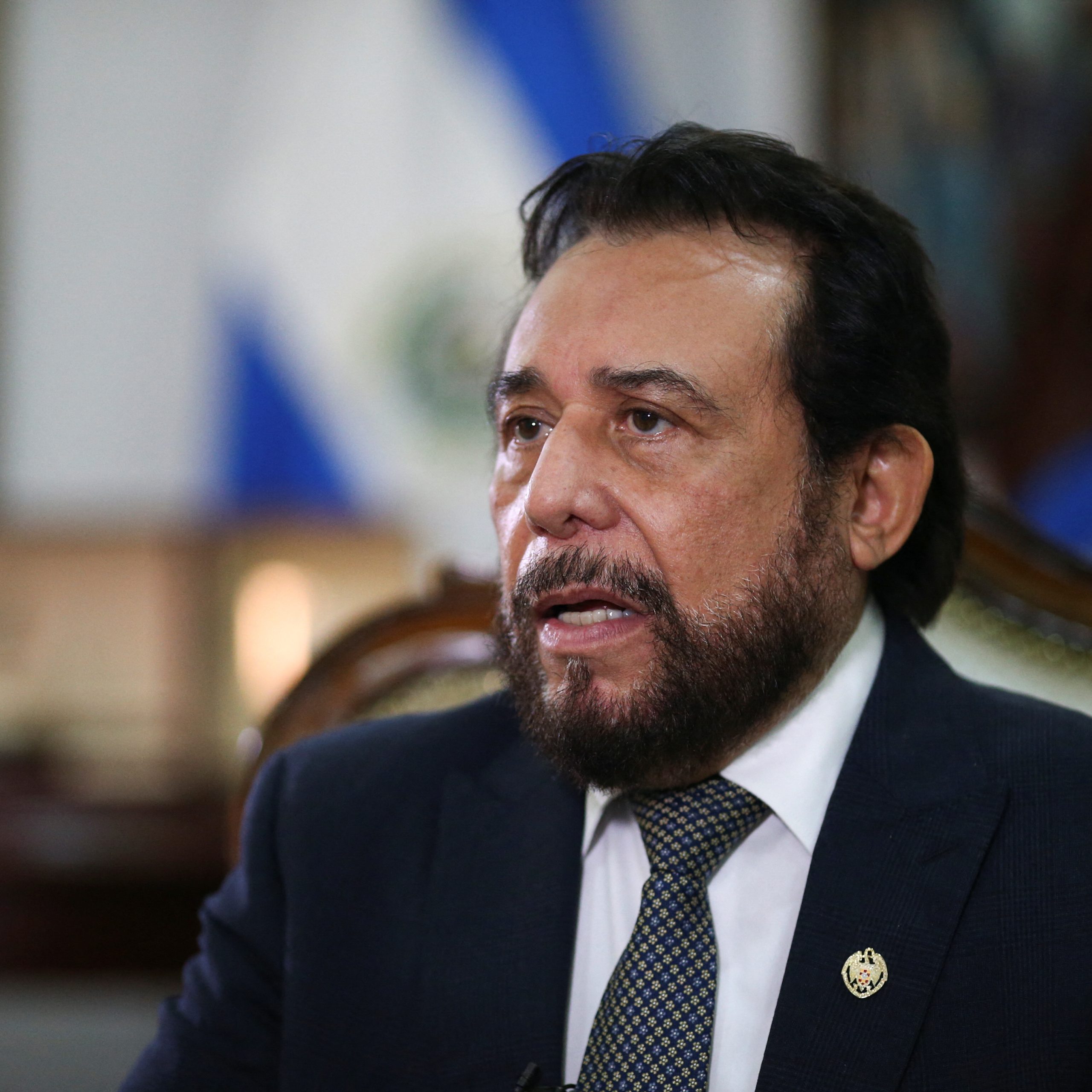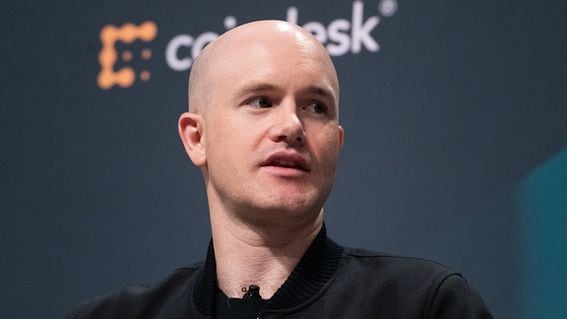Coinspeaker
El Salvador to Maintain Support for Bitcoin Post-Election
El Salvador’s vice president Felix Ulloa has stated that the nation will remain committed to Bitcoin even after the upcoming presidential election. Speaking to Reuters on Wednesday the vice president reaffirmed the Central American nation’s stance on the cryptocurrency, confirming that Bitcoin will remain legal tender post-election.
Under Nayib Bukele, who is seeking reelection for a second term on Sunday, El Salvador became the first nation in the world to recognize Bitcoin as legal tender in 2021. This is despite warnings from the International Monetary Fund (IMF) – with which the country was seeking a $1.3 billion loan – about the potential risks. The IMF wrote that there are “large risks associated with the use of bitcoin on financial stability, financial integrity, and consumer protection, as well as the associated fiscal contingent liabilities.”
Ulloa confirmed that the government does not intend to change its stance on Bitcoin, pointing to the recent approval of Bitcoin spot exchange-traded funds (ETFs) in the United States by that country’s Securities and Exchanges Commission (SEC) as a positive signal.
“Not only will it (the law) be maintained,” Ulloa said. “At this moment, it enjoys the greatest credibility in the entire world.”
The vice president added that if reelected, Bukele’s government will proceed with plans to launch Bitcoin-backed bonds this quarter. He added that other plans such as building Bitcoin City and issuing passports to investors who contribute the Bitcoin equivalent of $1 million would also proceed.
With Ulloa as his running mate, Bukele is expected to win the election by a landslide. An opinion poll shows that 82% of voters support his reelection. This is in large part due to his recent crackdown on gang violence which has been criticised for its severity by some human rights activists.
Following the declaration of a state of emergency in 2022, the nation’s security forces apprehended almost 75,000 suspected gang members before releasing 7,000. Rights groups have reported that 190 deaths and more than 5,000 abuses are linked to the exercise. It is reported that under Bukele, more than 2% of the country’s adult population is behind bars.
Citizens whose lives were greatly impacted by the gangs and the violence and extortion associated with them are simply happy for the ability to move about freely and conduct business without the threat of exorbitant “protection” fees.
“Why switch leaders? To go back to the same? We’re happy without the gangs and he needs power to keep making change,” said Elmer Martinez, a 53-year-old construction worker in El Salvador’s capital of San Salvador.





